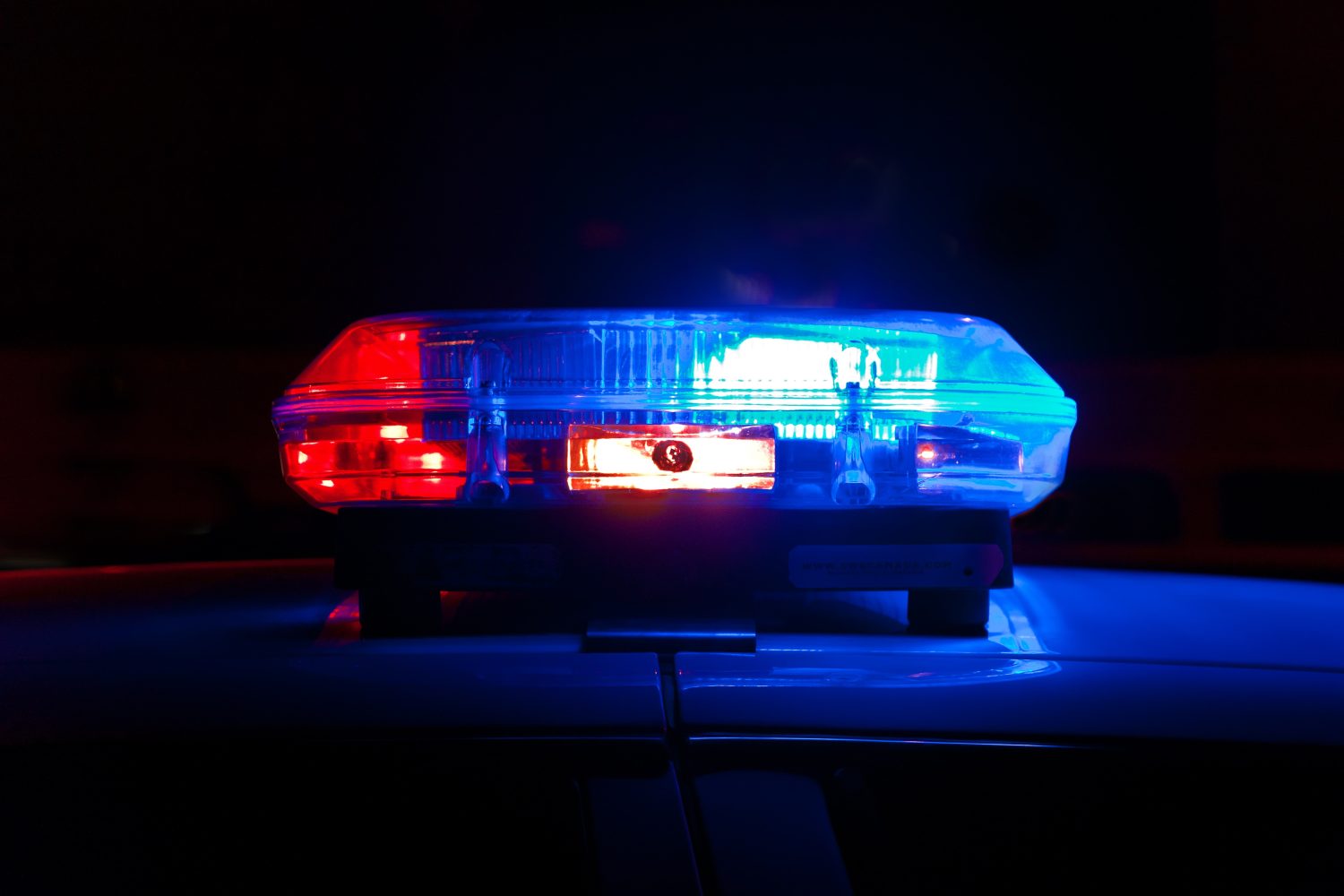
A landmark case on public access to video shot by law enforcement drones has taken a decisive turn, with the California Supreme Court’s denial of a Chula Vista Police Department motion seeking to keep its aerial footage confidential.
As DroneDJ reported previously, the case has challenged the policy of Chula Vista’s police force that all video its drones shoot on missions are “records of investigations,” and thereby inaccessible to the public. The department claims that position aims to protect the privacy of anyone captured in the footage. Local journalist Arturo Castañares has battled that contention in his litigation against the city’s position, and has now prevailed in the dispute following the state Supreme Court’s denial to hear the case.
Chula Vista’s high court petition followed Castañares’ victory last December, during his appeal of an initial defeat a year ago. Those appellate judges overturned the earlier decision siding with the city’s law enforcement department, which had made all drone videos inaccessible to the public. Its logic: The footage was either part of ongoing criminal investigations, or could become evidence in potential inquiries launched in the future, thereby justifying safeguards from third party scrutiny.
Castañares decried that reasoning as ludicrous, given the countless number of routine 911 responses the craft respond to that involve no crime or sensitive privacy concerns.
His victorious appeal – now upheld as the legal reference in California by virtue of the Supreme Court’s denial to review it – means Chula Vista police video cannot benefit from the original blanket position that public interest was best served by footage not being disclosed. It will now be up to original judge to take the case back, and determine the conditions and rules under which public access to that drone video must be provided.
“We still have to go back to the trial court for a determination as to which specific videos are exempt,” said Castañares’ lawyer Cory Briggs following the decision. “For now, we only know that the exemption does not apply across the board just because the cops invoke it.”
Meaning, the initial judge in the case – who backed Chula Vista Police Department’s position on keeping drone video confidential – will now decide what, and when, outsiders can get a peek at it. And as myriad court battles across the nation have shown, the politicized nature of the U.S. justice system – and ideologically-driven agendas of some of its judges – make no outcome certain.
That’s one reason why it may be a little optimistic for David Loy, legal director of the First Amendment Coalition, to predict the California case on police drones is likely set a precedent for the rest of the nation to follow.
“It’s certainly persuasive authority to courts outside California,” Loy told the Times of San Diego. “Basically I think this is the correct result — that you can’t just say that all police drone footage is categorically exempt from disclosure as an investigatory record.”
For its part, Chula Vista has insisted any degree of public access will require manually reviewing and classifying countless hours of drone video, representing labor costs that the force can’t fund – and possibly putting the financial future of its aerial program at risk.
The degree to which that footage will be open to public consultation – and extent of police vetting beforehand required – is now a matter for the original trial judge to decide.
FTC: We use income earning auto affiliate links. More.



Comments